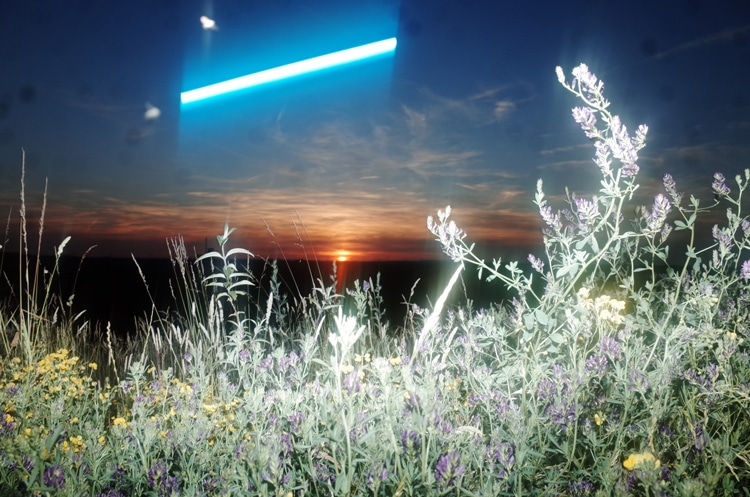This article is part of an ongoing content partnership between Screen Shot FAIRPLANET.
IPCC report reveals grim prospect for climate change, but there’s hope

The UN Intergovernmental Panel on Climate Change (IPCC) released the most comprehensive climate change report thus far. As stated by the IPCC, actions currently taken by governments to curb CO2 emissions are insufficient to meet the Paris agreement pledge to maintain temperature rise between 1.5-2 degrees Celsius.
The report goes on to state, however, that even a two-degree rise would be too catastrophic and will result in recurring scorching heat-waves, disastrous floods, droughts, as well as irreversible destruction of the planet’s ecosystem. 80 percent of coral reefs, for instance, will be destroyed once we reach a 1.5C rise, whereas all of them will be gone following a 2C increase. The report concludes by stating that we, as a global community, have no more than twelve years to take drastic action against climate change before setting ourselves on a path from which there’s no turning back. According to IPCC, if we keep going at our current rate of pollution, global temperatures are likely to rise by 0.3C to 4.8C by the end of the century, which will render massive swaths of the planet unfit for humans to live in.
The main takeaway of the IPCC report is clear: human society must take serious (and expensive) actions to curb CO2 emissions, which proves to be the prime culprit behind global temperature rise and the contamination of the environment (since the industrial revolution, the burning of fossil fuels has led to a 40 percent increase of CO2 concentrations in the atmosphere). And while the IPCC notes that both governments and individuals must make adjustments and take action to tackle global warming, it appears that massive corporations (particularly the ones associated with oil production) are the ones who we should worry about most.
According to a Carbon Majors Report, only 100 companies are responsible for 70 percent of carbon emissions since 1988 (with ExxonMobil, Shell, BP, and Chevron identified as the top emitters). What’s more is that in countries across the globe, such companies have bought off the loyalty of greedy politicians and are thus successful in thwarting any significant legal action to cap emissions.
In the U.S., oil companies reportedly dominate the political sphere, particularly when it comes to the current administration and ruling party. Last month, the Guardian reported that numerous right-wing leaning politicians in the U.S. have expressed doubts about the validity of the IPCC report. It appears that while denying climate change altogether is pointless, many American politicians still resort to denying the connection between global temperature rise and human activity (a link that has been confirmed by 97 percent of scientists). In an interview for CNN, for instance, Republican Senator Marco Rubio of Florida said, “I can’t tell you what percentage of [climate change] is due to human activity.” Naturally, the president could not pass on an opportunity to spread misinformation and joined the clamour by stating that “Something’s happening [with the climate] and it’ll change back again … I don’t know that it’s man-made.”
Yet, there is hope. It appears that numerous new-age, progressive political candidates, backed up by thousands of activists, small dollar donations and concerned citizens, are placing climate change at the top of their priority list. The Green New Deal, for instance, is a progressive initiative advocated for by a growing number of politicians (including Senator Bernie Sanders and recently elected congresswoman Alexandria Ocasio Cortez), which lists a number of specific and practical policy goals in order to divert the U.S. economy away from oil and towards renewable energy. The proponents of the plan further state that their goal is to utilise the transition to a green economy in order to create new jobs for portions of the population who are usually left behind in periods of economic growth.
It seems that the only feasible way to press the U.S. government to undertake meaningful action to curb emissions is by supporting initiatives, such as The Green New Deal, that not only strive to eliminate fossil fuel from the economy, but also replace it with sustainable alternatives that would assuage public fear of economic collapse in the event of a transition to renewable energy.




